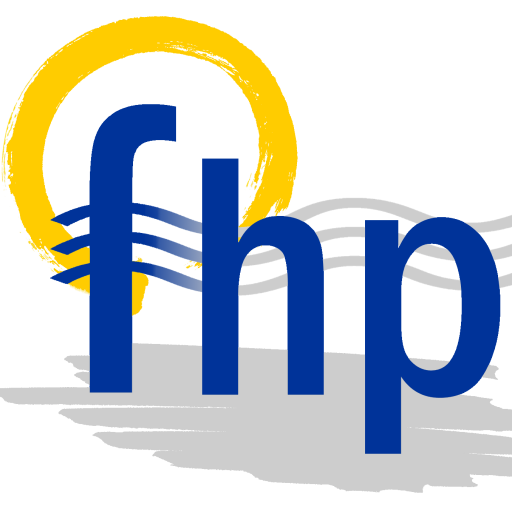The 4th of April 2019 we celebrated the workshop on FHP wind curtailment mitigation solution as a side event of the international WindEurope Conference & Exhibition 2019, held in Bilbao (Spain) between the 2nd-4th April 2019. This conference registered the attendance of 8,500 participants, 300 exhibitors, 30 conference sessions and 155 speakers.
All project partners presented the achievements and the result of our research in the frame of the FHP Project. Chris Caerts (VITO), who moderated the event as FHP project coordinator, started with the presentation round describing the project root cause, its scientific and technological objectives and the expected impact and presentation of the consortium partners. Enrique Rivero (VITO) presented the assessment of the wind power curtailment scenarios, due to either grid operation constraints or market conditions, and the associated compensation rules in different EU countries. Mikel Fernandez (TECNALIA) explained the roles that manage flexibility to avoid wind curtailment and how they exchange value and how the quantification of that value is made. Davy Geysen (VITO) presented the design of the decentralized agent platform (DCM-Dynamic Coalition Manager) that negotiates flexibility with external flexibility users inspired by the USEF framework. Zdenek Schindler (HONEYWELL) presented the human expert free modelling techniques applied to building response assessment, and application of optimization strategies (MPC-Model Predictive Control) with real-life infrastructure constraints. Wiet Mazairac (ECOVAT) explained the ECOVAT energy storage concept and infrastructure, and how it is coupled to renewable generation and how it is operated based on the FHP system.
After the coffee break Shahab Shariat Torbaghan (VITO), deepened into the algorithms developed for the DSO-Distribution System Operator to evaluate the necessity the flexibility, and operate it, to avoid violation of grid technical constraints due to intermittent renewable generation. Laura Lazaro (TECNALIA) described the context in which the BRP-Balance Responsible requests flexibility and how genetic algorithms are used to decide on the optimal combination of flexibility orders. Markus Lindahl (RISE) presented the study on control alternatives for heat pump operation driven by flexibility provision. Marcus Steen (KEAB) summarised the difficulties encountered and solutions provided in the pilot set-up. And finally, Martin Borgqvist (NODA) envisaged the future steps for bring up to market the solutions developed within the FHP project
Presentations:
- FHP project introduction and overview. Chris Caerts (VITO)
- Wind curtailment scenarios assessment. Enrique Rivero (VITO)
- Business Models for flexibility management. Mikel Fernandez (TECNALIA)
- DCM centric Solution Architecture. Davy Geysen (VITO)
- Building modelling and control strategies. Zdenek Schindler (HONEYWELL)
- Ecovat modelling and control. Wiet Mazairac (ECOVAT)
- DSO Optimal Flexibility Dispatch. Shahab Shariat Torbaghan (VITO)
- Application of genetic algorithms for BRP flexibility allocation. Laura Lazaro (TECNALIA)
- Grid Flexible Heat Pumps. Markus Lindahl (RISE)
- Lessons learned from pilot demonstration. Marcus Steen (KEAB)
- Steps for further research and exploitation. Martin Borgqvist (NODA)


